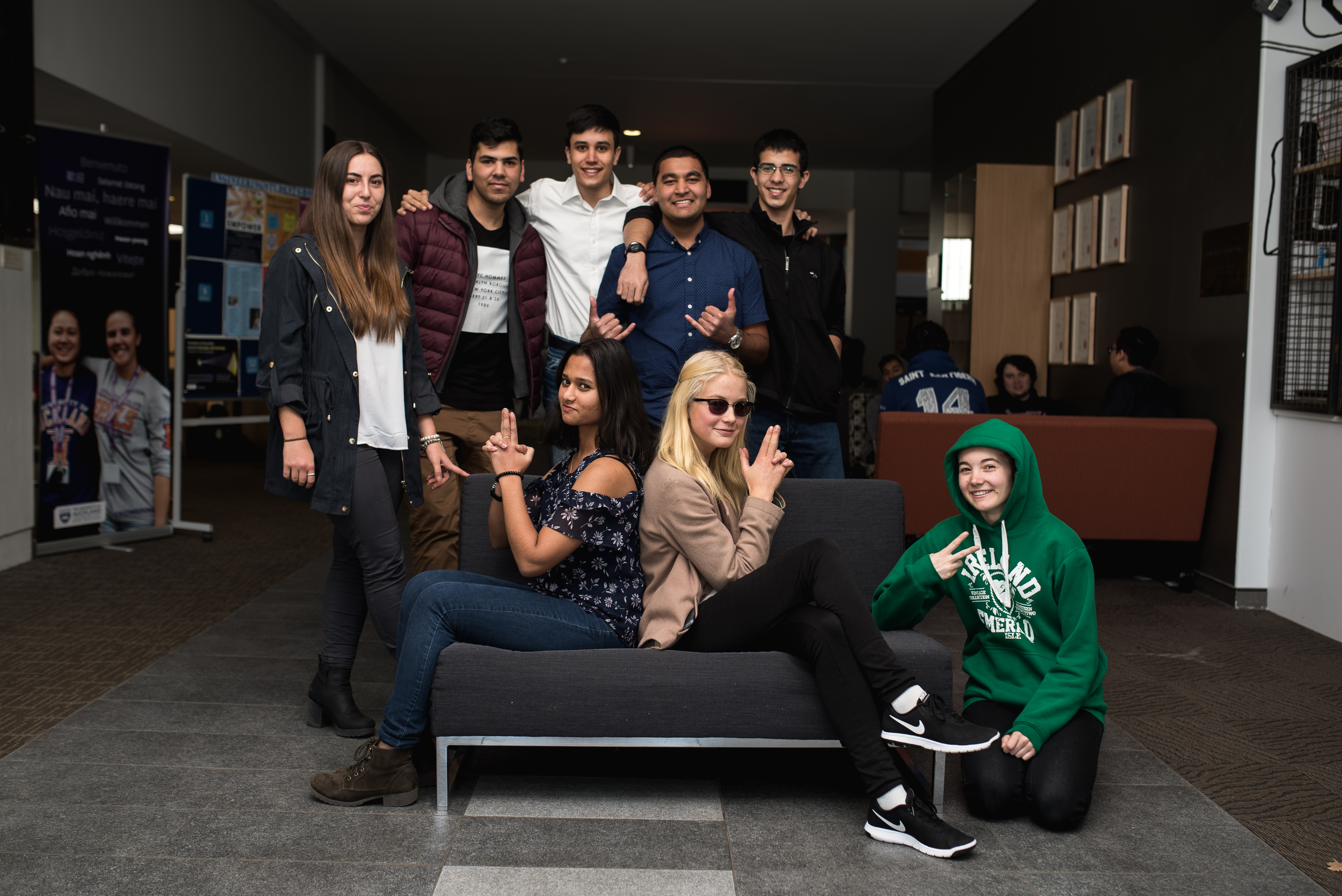Kia ora!
So I hope that you have all been enjoying the posts I have been making this year and that I was able to give you a slight “appetizer” of the software life. I hope that you also checked out the other blogger’s posts too because everyone has been contributing a lot of great content regarding their specialisation.
I just wanted to make this post as a summary of reasons you might consider choosing software engineering, and also some other tips to help you research your options and make a decision. I know that this might be, for some of you, a really tough decision to make. I’ve been in the same spot. For some people though, choosing a specialisation is easy and they were always going to choose that one anyway regardless of what other people say. Whether you are feeling completely undecided or absolutely sure, or if you’re somewhere in between, it’s important to do your research before picking, because you want to make sure that you enjoy what you study in the next three years.
Bear in mind that I have only done one year of software engineering. If you want more information about the degree, it’s a great idea to find a Part IV student or graduate who will be able to give you much more information. So don’t take my advice too heavily!
Here are some questions you might want to ask yourself when considering a specialisation:
- Is this something I want to do everyday?
- If I got given a big assignment in this specialisation, would I be motivated to spend hours and hours on it? Even more so than a typical assignment from other specialisations?
- Will I be happy going to work everyday in this field after I graduate?
- Can I honestly say to myself, my friends and my family that I am passionate about this?
- Is this something I would consider doing for fun in my spare time? (e.g. mechanical might be working on cars, electrical might be building your own circuits, software might be making your own apps)
- Is there something I would like to do more than this?
- Is my perception of this specialisation accurate? Or am I making assumptions? Am I getting information from a biased source?
- Will I be able to commit to this even when it gets tough?
Obviously, no specialisation is perfect, but I guess you just have to ask yourself questions like these and answer honestly, and it should help you narrow it down.
Here are some places you might want to check out for more information about specialisations.
- The course schedules on The University of Auckland website
- The undergraduate handbook
- The Part II blogs
- Perhaps Google the jobs themselves and read what kind of companies are in those industries and what they do
- Talk to an engineer in that field
- Talk to Part IV students
Lastly, here are what I feel are strong reasons to choose software engineering. Of course, remember that I am biased, because I’m in software engineering. So obviously I think it is a great specialisation, and that it is best for me. It may/may not be best for you, so yeah, take this with a grain of salt!
- The projects are pretty fun
- Coding is fun
- Most of the content is interesting
- The students in software are pretty cool (to be honest engineering students are cool in general)
- Solving problems in code is always invigorating, and software engineering has a large amount of this kind of problem solving
- You can take some COMPSYS electives which give you exposure to some hardware
- You can be part of SESA (Software Engineering Students Association)
- Technology is always changing, so there will always be new stuff to learn about (which I guess is a good thing if you never want to be bored and like always having something new to learn, but a bad thing if you’re not this kind of person)
- Software is everywhere, so you could impact all kinds of lives
- If you have a decent enough laptop, you can work from anywhere (no need to go to a particular lab for materials or anything)
- Software engineers will always be in demand
This will most likely be my last post. I hope you’ve enjoyed reading everything us as bloggers have had to say and I wish you the best of luck in your future engineering adventures.
Zain Azimullah
